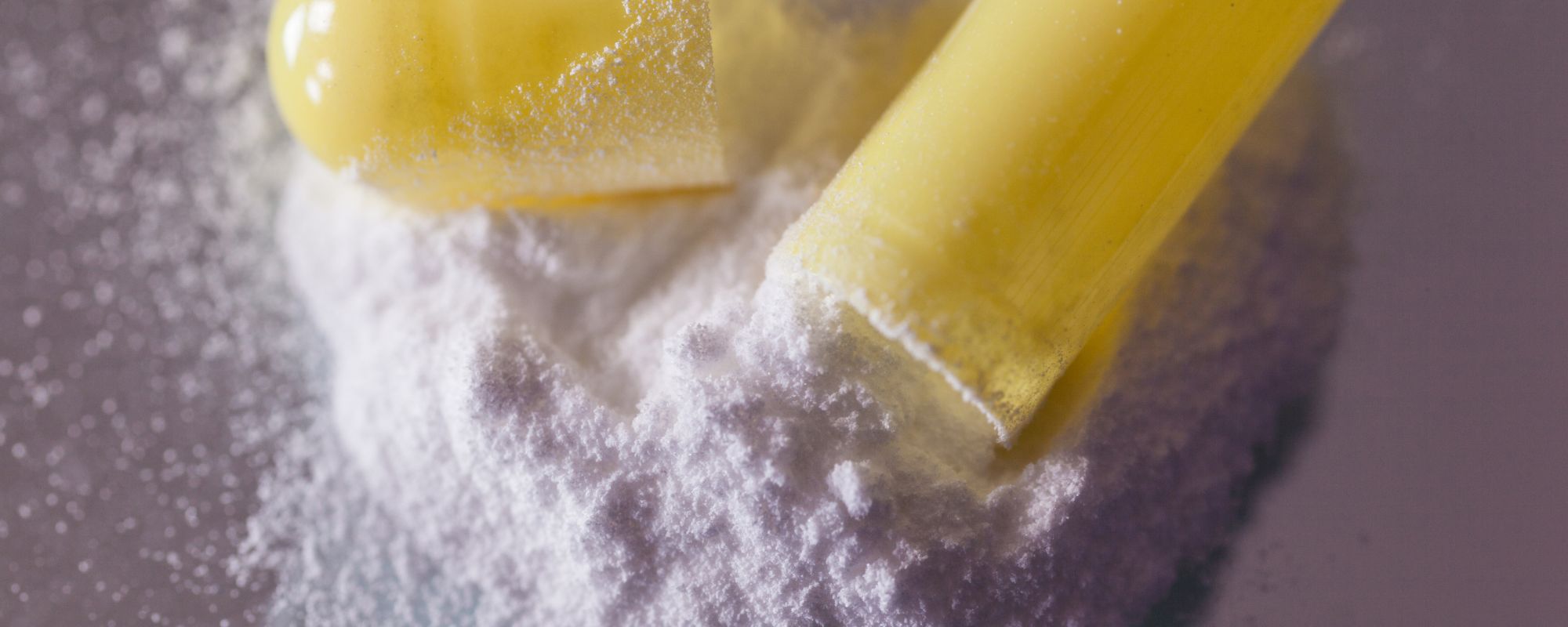Understanding how long cocaine stays in the system can help individuals make informed decisions about testing and health risks. This article explores the factors that influence cocaine’s elimination and provides a general timeline for how long it can be detected in the body.
What is Cocaine?
Cocaine is a powerful stimulant drug that comes from the leaves of the coca plant, which is primarily found in South America. It has a long history of use, both as a traditional medicine in some indigenous cultures and as a recreational drug. When consumed, cocaine affects the brain by increasing the levels of dopamine, a neurotransmitter linked to pleasure, motivation, and reward. This causes feelings of intense euphoria, energy, and alertness.
Cocaine comes in three primary forms:
- Cocaine Hydrochloride (Powdered Cocaine): This is the most common form of cocaine and appears as a fine, white powder. It is usually snorted, but it can also be dissolved in water and injected. It is the type of cocaine most often seen in recreational use. It is typically “cut” with other substances to increase the dealer’s profit.
- Freebase Cocaine: This is a form of cocaine that has been processed to remove the hydrochloride salt. This results in a form of cocaine that can be smoked. Freebase cocaine is often associated with a more intense, immediate high, but it is also more dangerous because of the method of use (smoking).
Another form is crack cocaine, which is similar to freebase cocaine but made by mixing cocaine hydrochloride with baking soda and water, then heating it to create small, hard rocks. Crack is typically smoked and produces an intense but short-lasting high, leading to a higher potential for addiction.
Cocaine use carries significant risks, including addiction, cardiovascular issues, neurological damage, and mental health problems. It’s classified as a Schedule II drug under the Controlled Substances Act.
How Cocaine is Metabolized?
When someone uses cocaine, the body quickly absorbs it into the bloodstream. This can happen by snorting it, injecting it, or smoking it. Once it enters the bloodstream, it travels to the brain and other parts of the body, where it causes feelings of energy and euphoria.
Cocaine is then metabolized in the liver, where enzymes break it down into metabolites like benzoylecgonine. This substance is not active, meaning it doesn’t make the person feel high. It’s then passed out of the body in urine.
Get confidential help from our addiction treatment specialists in Orange County. Call to join our rehab program today!
Call 866-881-1184How Long Does Cocaine Stay in Your System?
Cocaine is a fast-acting and short-lasting stimulant. Generally, a cocaine high will last between five and thirty minutes. If snorted, it’s closer to thirty minutes; smoking or injecting will yield an intense but short high closer to five minutes.
The amount of time cocaine stays in your system after the high wears off depends on several factors, including how much you’ve used, how often you’ve used it, and your metabolism.
The principal cocaine metabolite utilized in drug testing is benzoylecgonine.
There are different types of tests to detect cocaine usage:
How Long Does Cocaine Stay in Your System For a Urine Test?
A urine test can identify cocaine metabolites up to three days after consumption. Heavy users may test positive for up to two weeks following consumption.
One disadvantage is that people have discovered ways to cheat to obtain a false negative, which is a negative result when the result should be positive due to cocaine usage. The main way to do this is to obtain clean urine, either from a friend or by purchasing it over the internet. There are also products advertised to get you to urinate out cocaine metabolites sooner, but these usually do not work.
Urine tests are the most common form of drug test because benzoylecgonine has a urine concentration of 50 to 100 times greater than that of cocaine.
How Long Does Cocaine Stay in Your System For a Blood Test?
Cocaine is rapidly absorbed into the bloodstream, making it detectable within minutes. However, it stays detectable in the blood for less time than it does in urine: benzoylecgonine remains in the blood for one-to-two days, as opposed to the up to three days it can be found in urine. Because cocaine is quickly passed out of the blood, this type of test is not often used for drug testing. They tend to only be done if you are already in the hospital and your insurer suspects cocaine abuse.
How Long Does Cocaine Stay in Your System For a Saliva Test?
Like blood, saliva tests have a relatively short window of detection. Cocaine can be detected in the blood up to two days after use. This means a drug test using a saliva sample can detect cocaine up to 48 hours after last use. Saliva tests are less invasive than urine tests, but they are less common because they are more expensive.
How Long Does Cocaine Stay in Your System For a Hair Test?
Cocaine metabolites remain in the hair for a long time. Typically, it can be detected in your system via a hair follicle test that lasts for up to 90 days after use. This type of test is expensive and difficult to administer, so it is less common.
Looking for quality substance abuse treatment that’s also affordable? South Coast accepts most major insurance providers. Get a free insurance benefits check now.
Check Your CoverageFactors Affecting How Long Cocaine Stays in Your System
Several factors can influence how long cocaine stays in your system. Here are the key factors:
- Frequency of Use: Cocaine will generally remain in your body for a shorter time (two to four days in urine) after a one-time use. For frequent users, cocaine can remain detectable for up to a week.
- Metabolism: People with faster metabolisms will clear cocaine from their system more quickly. Things like being younger, thinner, and in overall good health will boost metabolism.
- Body Fat: Fat retains metabolites. People with higher body fat percentages will thus retain traces of cocaine longer than those with lower percentages.
- Liver Function: Since cocaine is metabolized in the liver, individuals with liver problems may clear the drug more slowly.
- Sex: Men generally process drugs more quickly than women due to differences in body composition, metabolism, and enzyme activity.
All these factors work together to influence how long cocaine stays in your system.
Health Risks of Cocaine Abuse
Cocaine abuse can cause heart rate and blood pressure to rise, increasing the risk of heart attack, arrhythmia (irregular heartbeat), and stroke. Abusing it too much can easily lead to cardiac arrest, even in otherwise healthy people.
The mental health effects are also significant: anxiety, paranoia, and agitation are common cocaine side effects. It can lead to hallucinations, delusions, and violent behavior in some individuals, especially at high doses.
Over the long term, like all stimulants, chronic cocaine abuse can damage the heart. Chronic abuse can also lead to damage to the brain and nervous system, impairing cognitive function and decision-making.
Cocaine Addiction Treatment
The first step in regaining sobriety from cocaine addiction is a full cocaine detox. After that, treatment can begin.
Like addiction treatment generally, cocaine addiction treatment typically involves behavioral therapy, as well as support groups.
According to a meta-analysis on cocaine addiction treatment done by the Journal of the American Medical Association, by far, the best talk therapy for modality is contingency management. This form of therapy uses rewards to reinforce positive behaviors and abstinence from cocaine.
Support groups like Cocaine Anonymous (CA) provide peer support and accountability in the recovery process. These programs are often used in conjunction with other treatments.
There are currently no FDA-approved medications specifically for treating cocaine addiction, but research is ongoing. Some medications are used to treat symptoms or co-occurring disorders, like anxiety or depression, which can aid recovery
Get Help Today
If you are noticing signs of cocaine addiction or cocaine withdrawal symptoms, it may be time to get help. Call us at 866-881-1184 or contact us here to get started. Our highly qualified drug and alcohol addiction staff will be happy to help give you an idea of what to expect from your addiction recovery timeline, help verify your insurance, and assist with any other questions you may have.
Frequently Asked Questions
A single bump (small dose) of cocaine typically stays in your system for two to four days, depending on factors like metabolism and the type of test used.
Crack cocaine stays in your system for two to four days in urine, but for heavy users, it can be detectable for up to a week or more.
For frequent users, cocaine can stay in the system for up to a week or more, with metabolites like benzoylecgonine detectable for a longer period (two-to-four days in urine).










